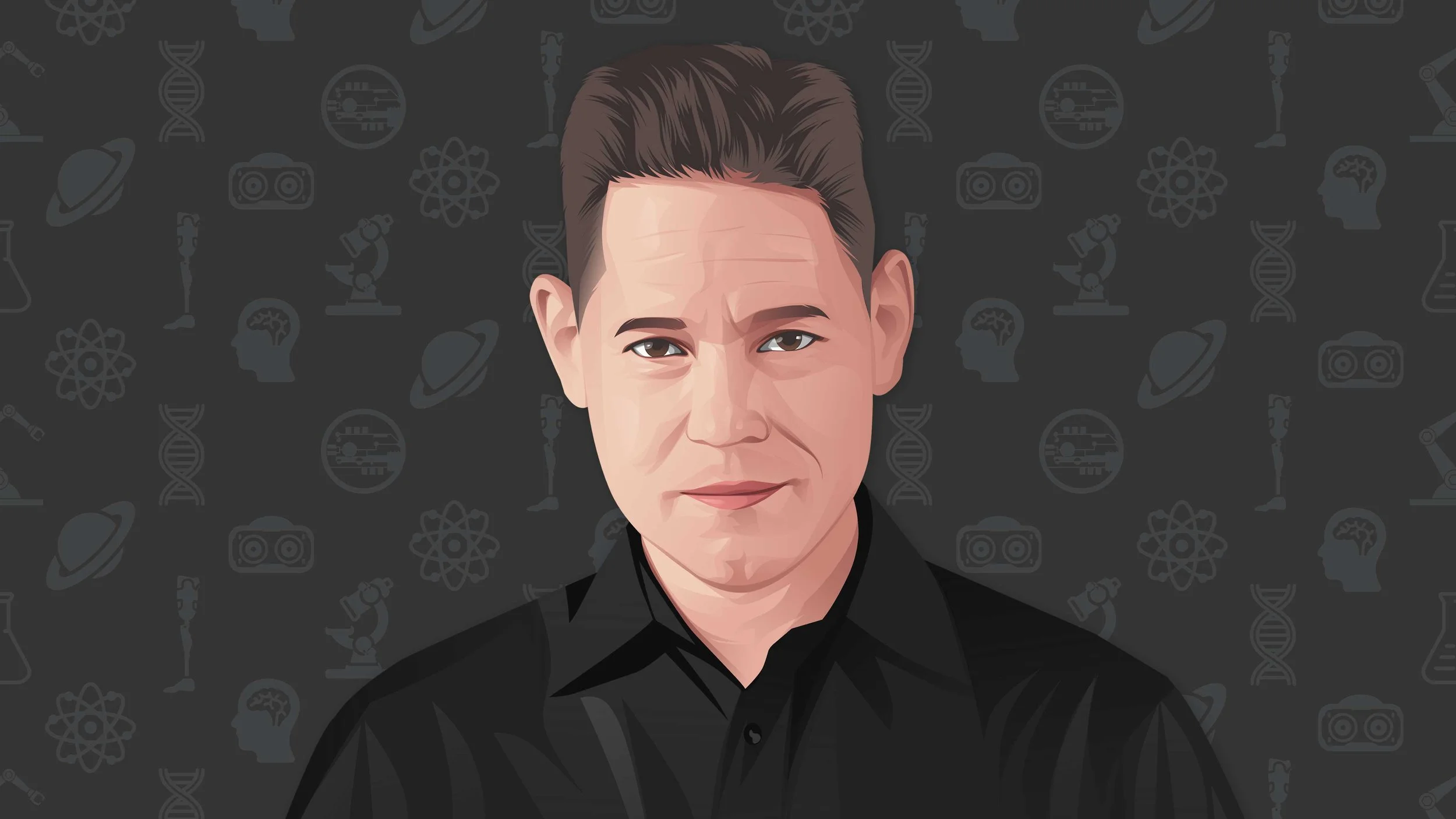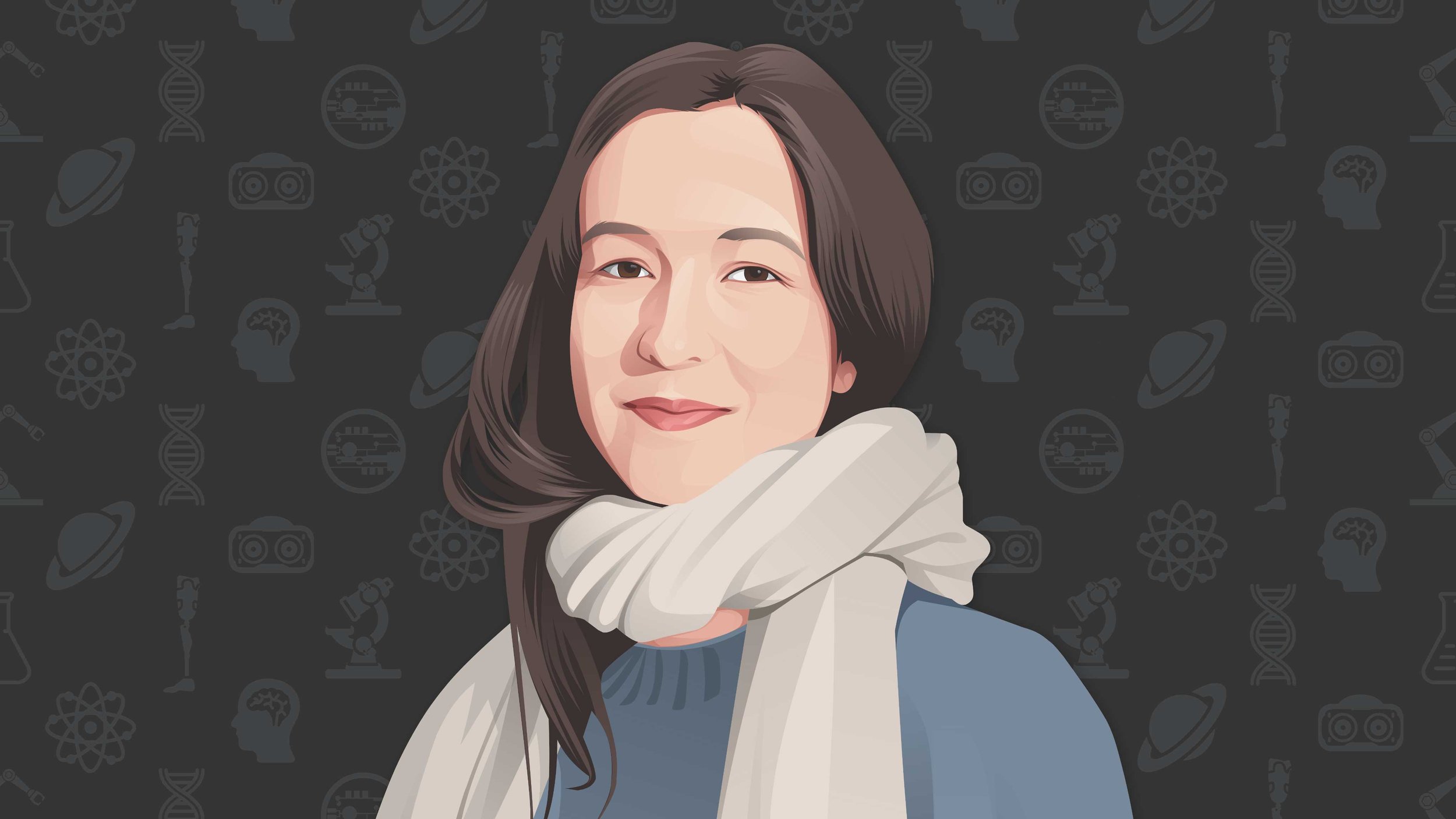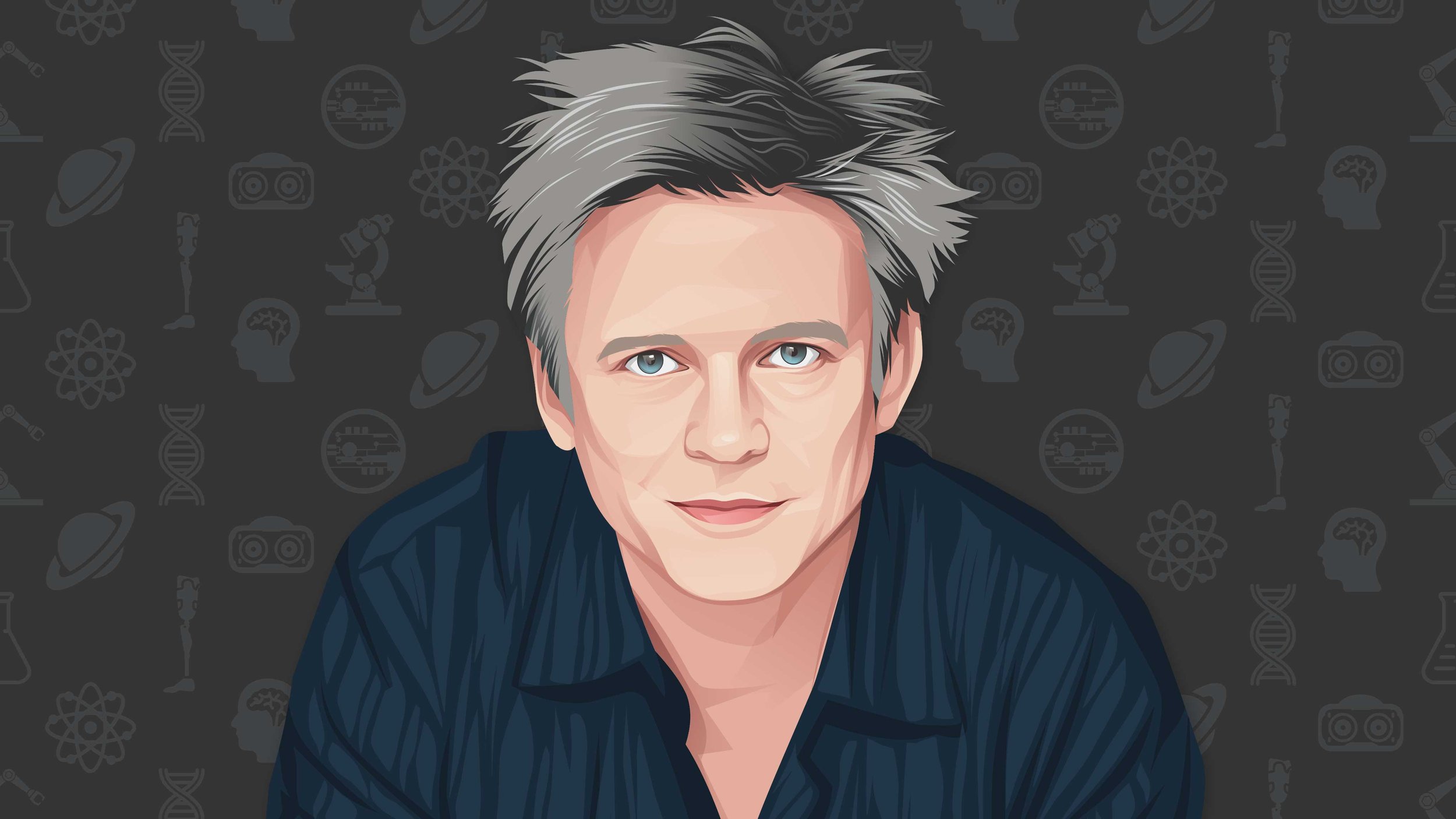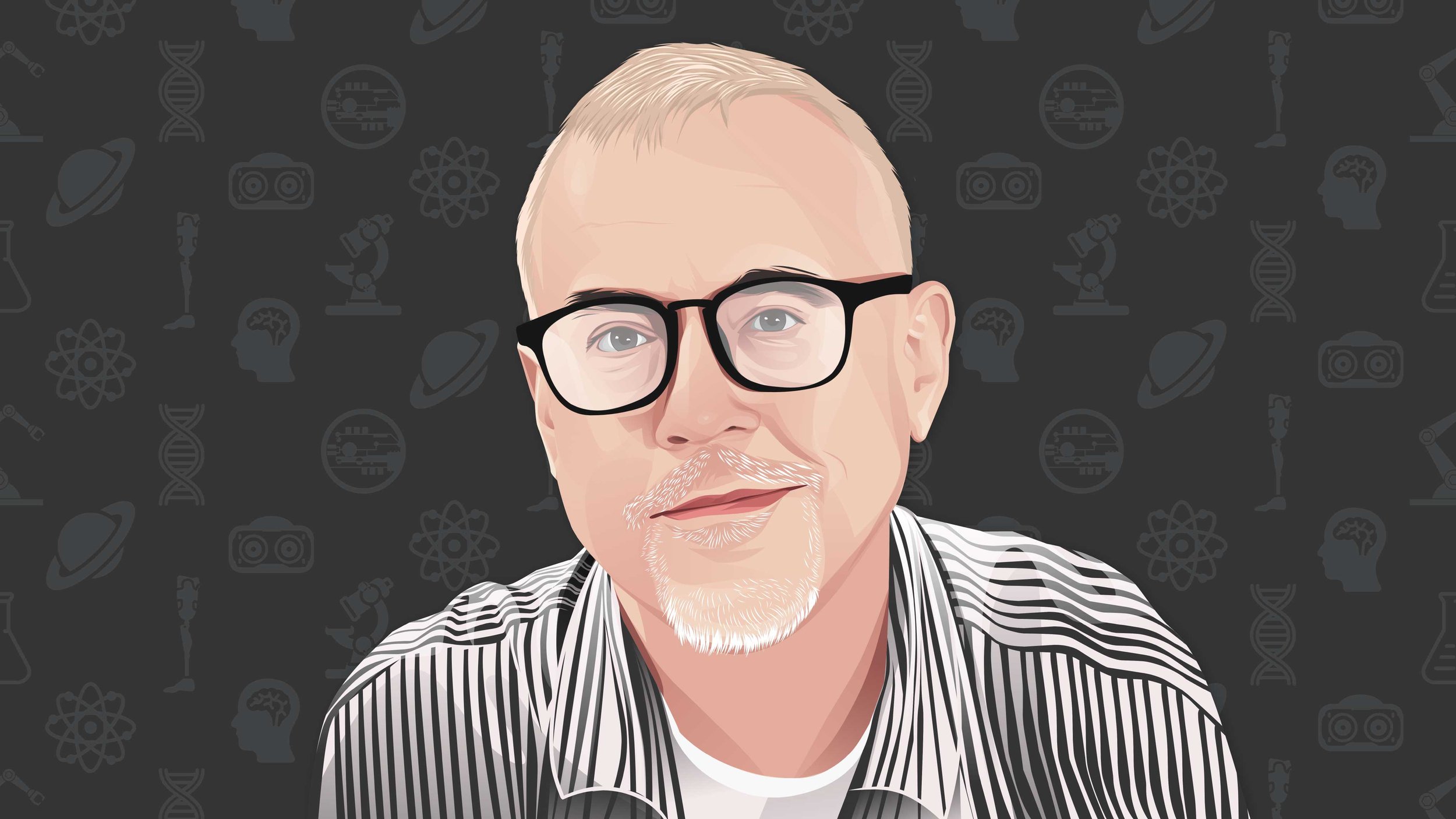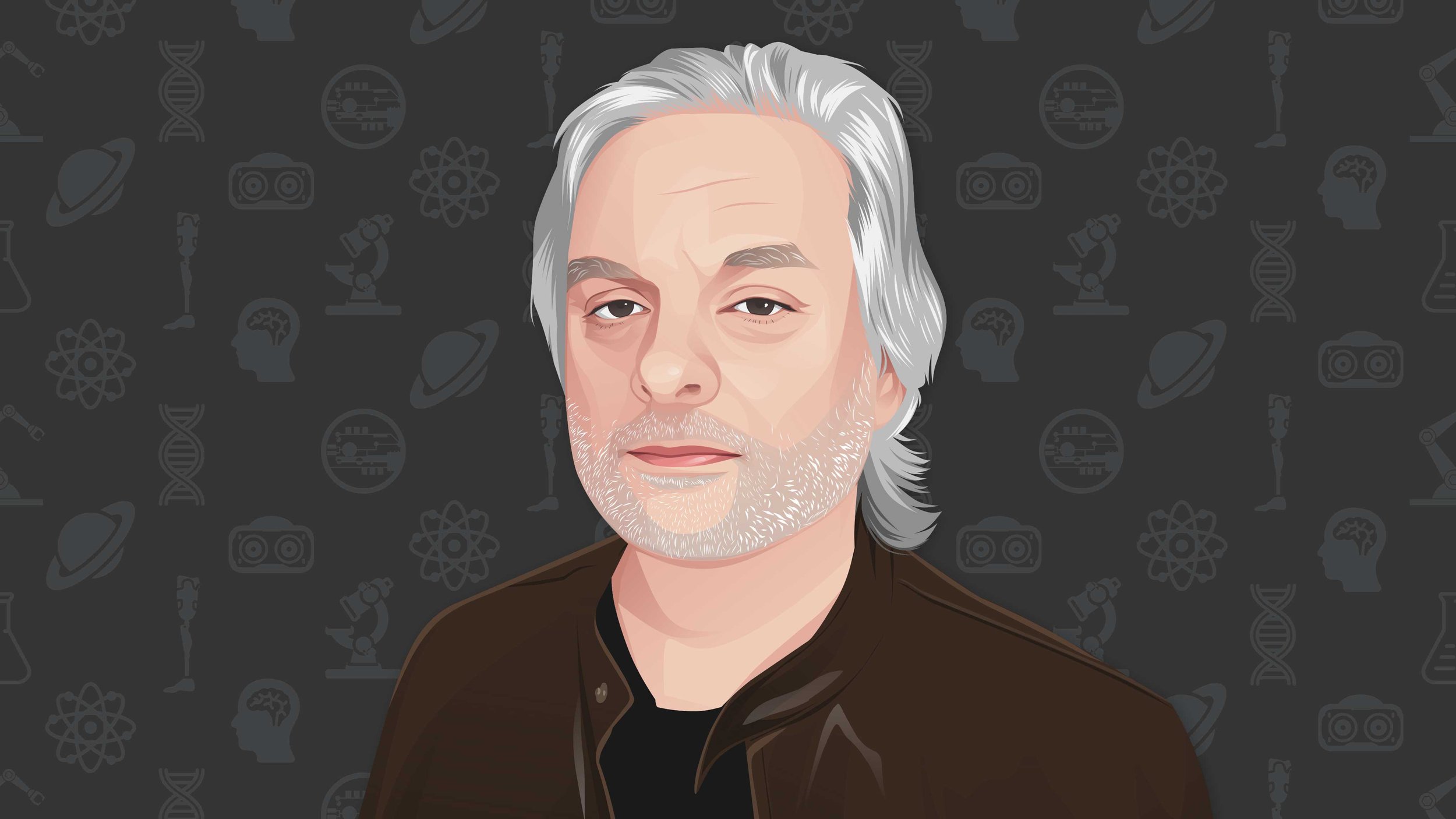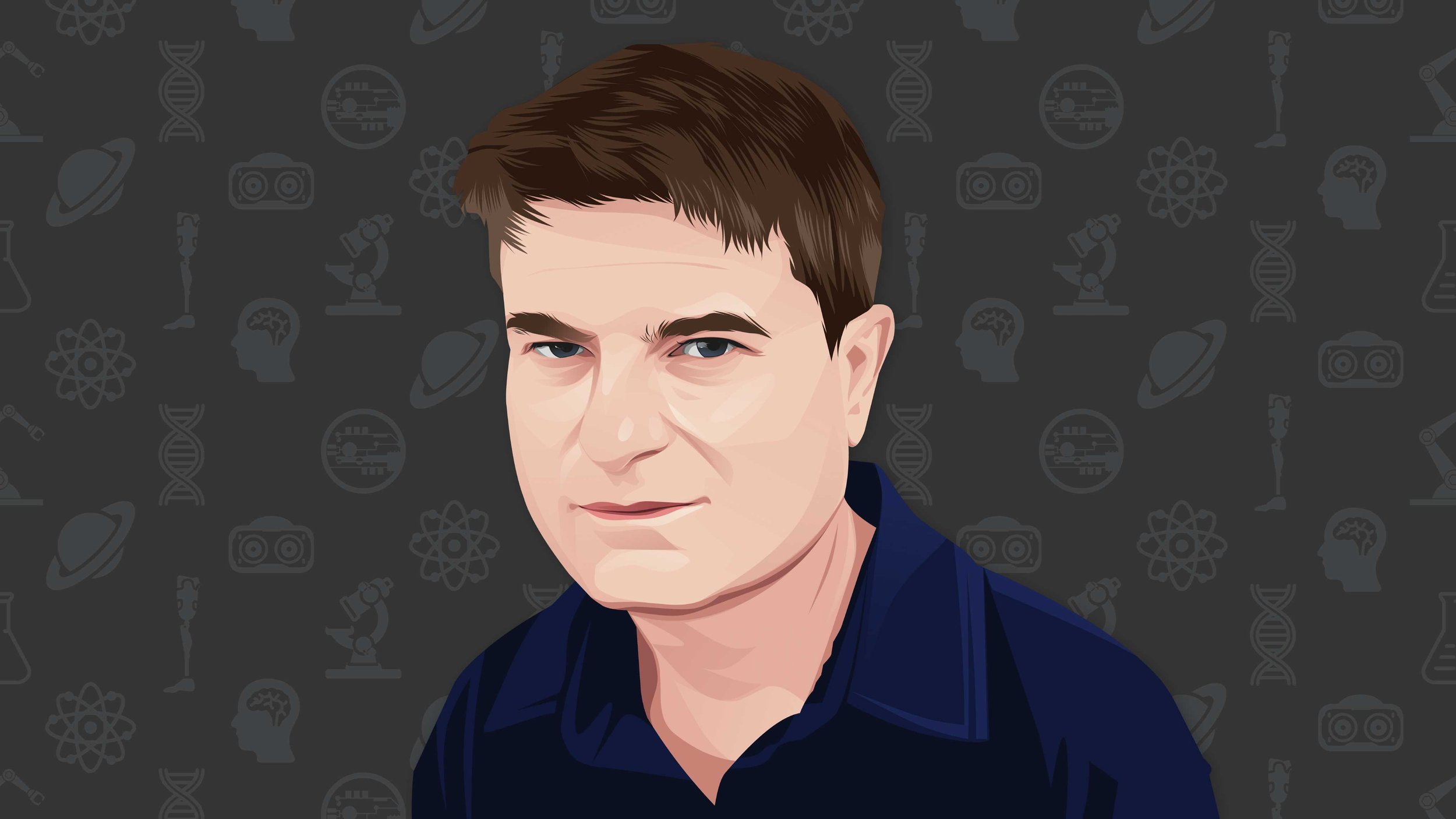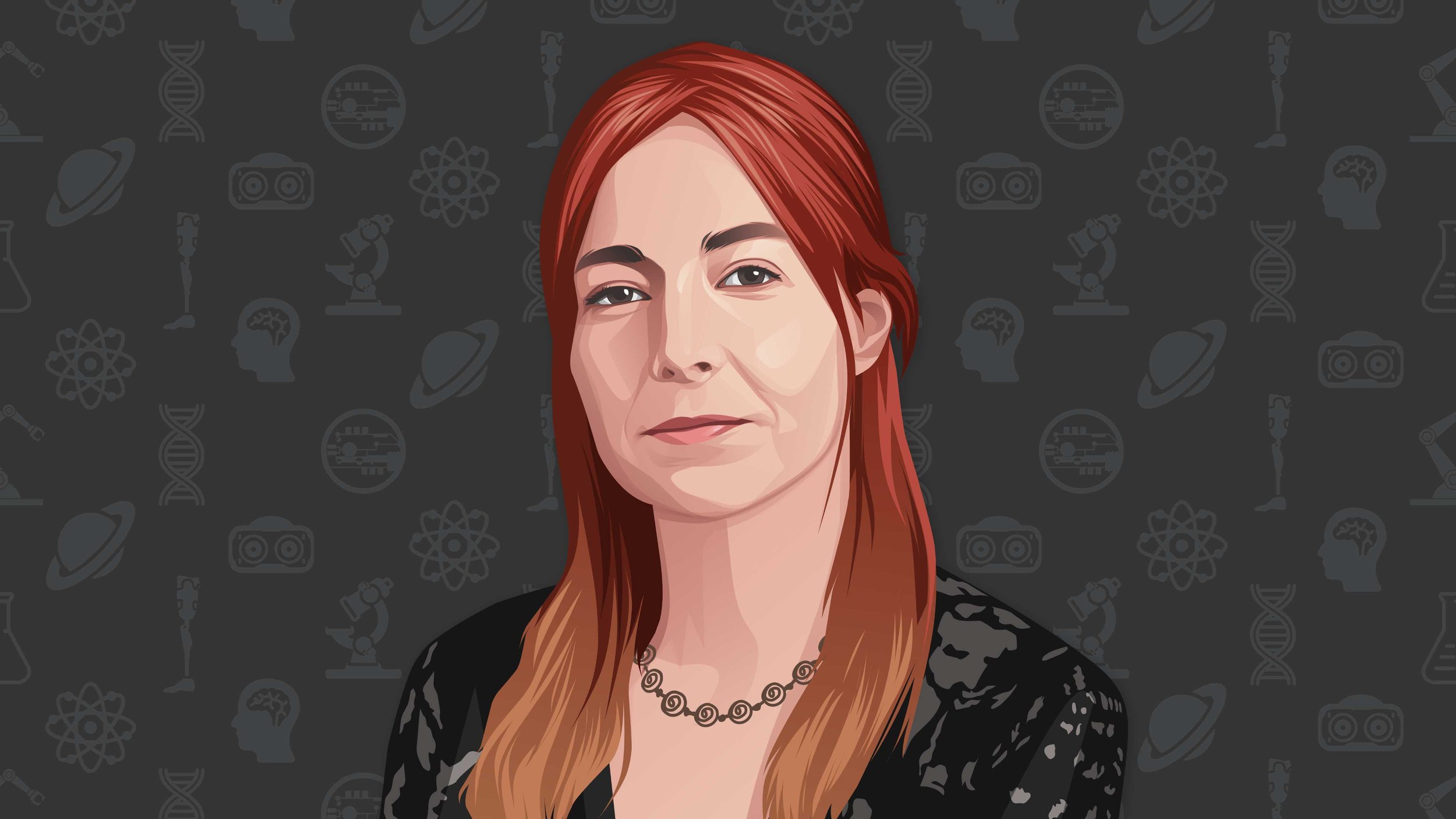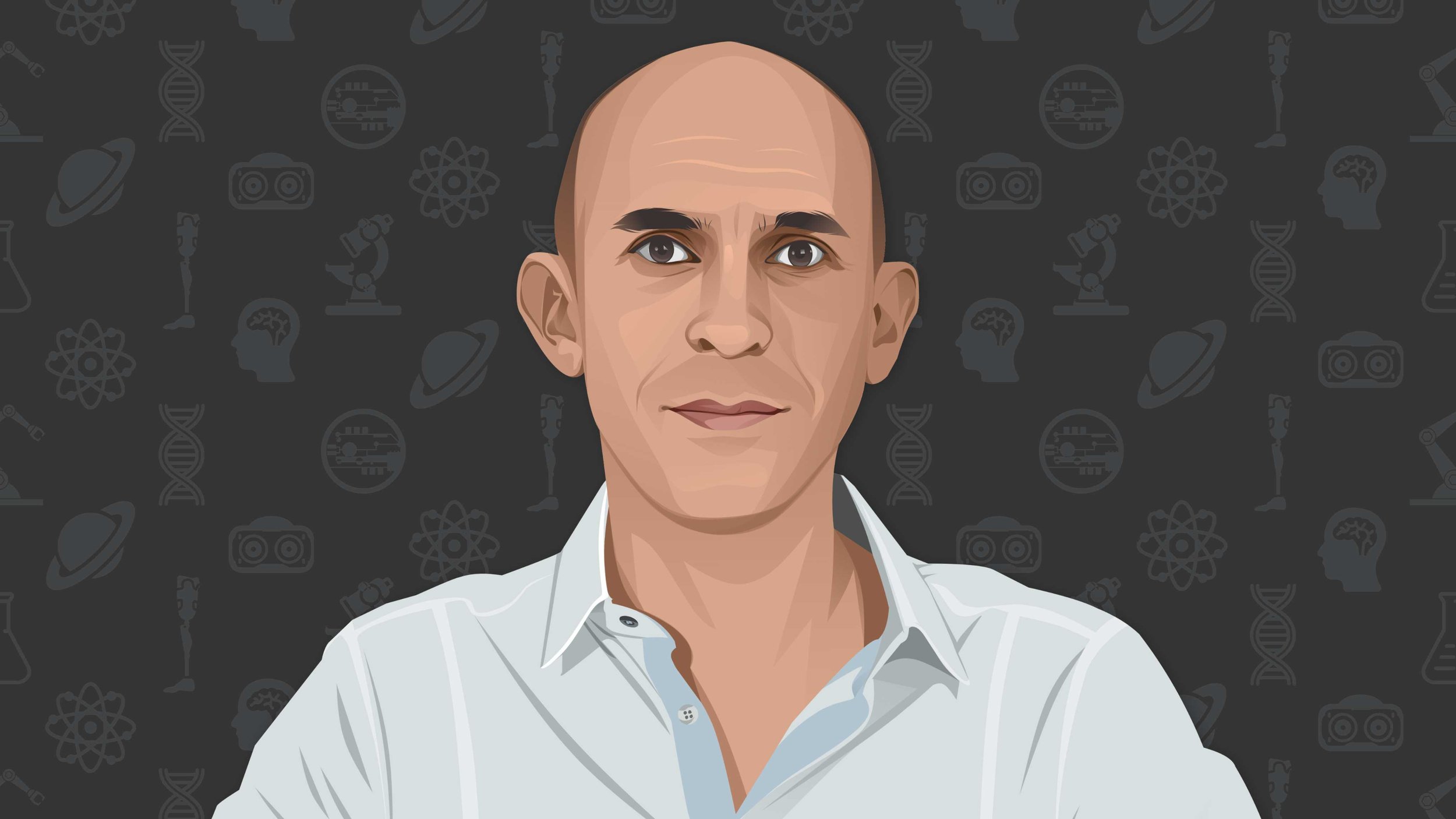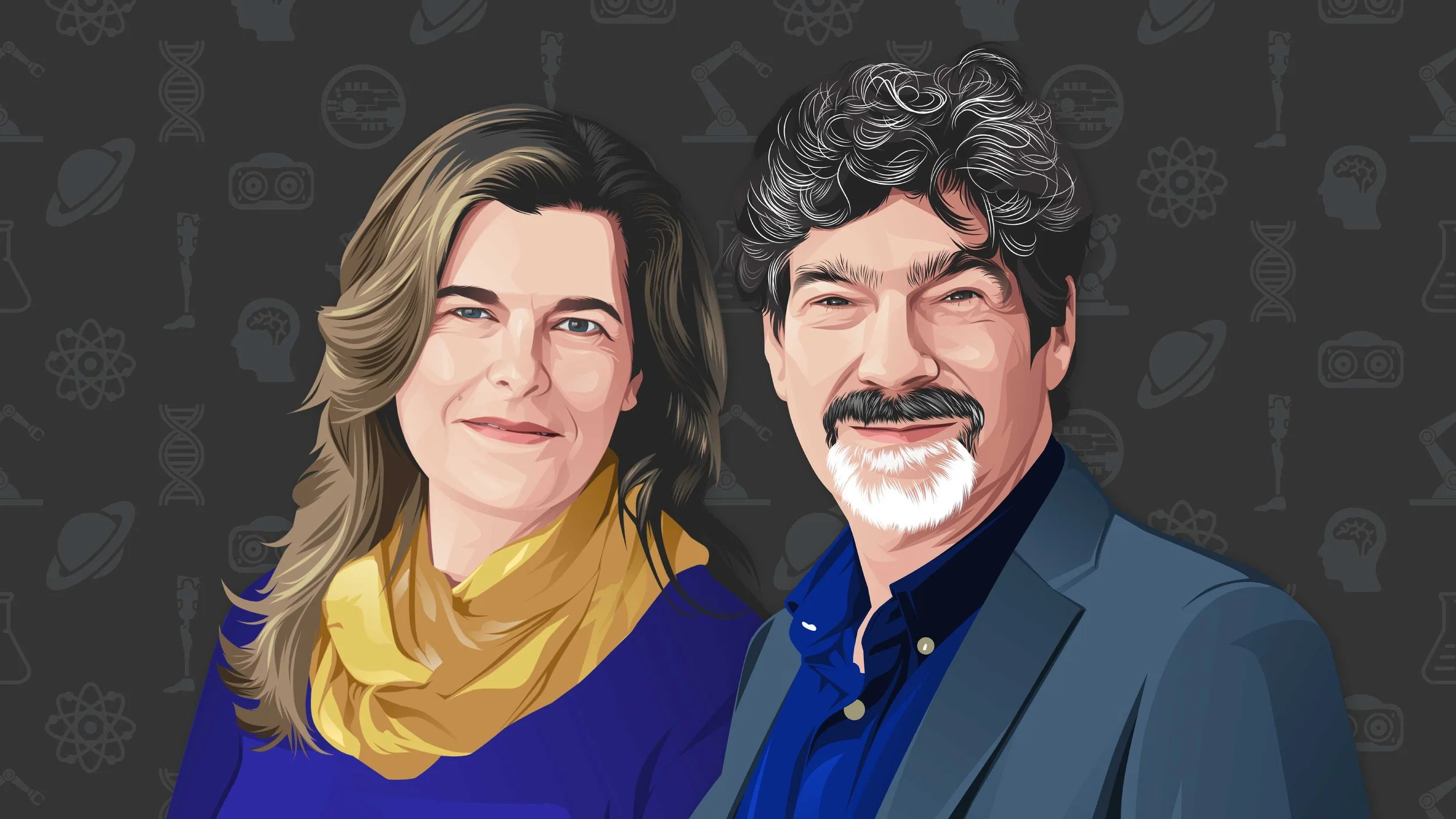How Human Biology Shapes Civilisation w/ Prof. Lewis Dartnell
EPISODE #72
Astrobiologist Prof. Lewis Dartnell shares his insights into how biology has shaped civilisation, the challenges of living on Mars, and why cooperation is our human superpower.
The Long View w/ Richard Fisher
EPISODE #71
Journalist Richard Fisher shares his thoughts on the importance of taking a long view of the future, why short-termism is the greatest threat to civilisation, and how metaphors are key to our comprehension of time.
Our Superhuman Future w/ Elise Bohan, Prof. Steve Fuller & Anders Sandberg
EPISODE #70
Transhumanists Elise Bohan, Prof. Steve Fuller and Anders Sandberg share their thoughts on the future of humanity, the role artificial intelligence will play in society, and the radical ways advanced technology may redefine what it means to be human.
Bioethics of Human & Animal Enhancement w/ Dr. Sarah Chan
EPISODE #69
Bioethicist Dr. Sarah Chan shares her thoughts on the ethics of human genome editing, the potential of developing a social model of enhancement, and the possibility of using biotechnology to improve the cognitive abilities of animals.
Robot Rights & Alien Intelligences w/ David J. Gunkel
EPISODE #68
Media scholar David J. Gunkel shares his thoughts on the philosophical case for the rights of robots, the challenge artificial intelligence presents to our existing moral and legal systems, and how tools like ChatGTP force us to confront our human exceptionalism.
Visions of the Future w/ Pat Cadigan
EPISODE #67
Cyberpunk author Pat Cadigan shares her thoughts on the role of science fiction in society, her methods for thinking about the future, and which elements of the cyberpunk genre have become features of our everyday reality.
Future Superhuman w/ Elise Bohan
EPISODE #66
Macrohistorian Elise Bohan shares her thoughts on the importance of adopting a transhumanist worldview, why we live in a make-or-break century, and what is worth preserving about humanity.
Becoming an Avatar w/ Philip Rosedale
EPISODE #65
Founder of Second Life Philip Rosedale shares his thoughts on what virtual worlds can teach us about being human, the relationship between Second Life users and their avatars, and the challenges of building the metaverse using Web 3.0 technologies.
Biofabrication w/ Ritu Raman
EPISODE #64
Biomedical engineer Ritu Raman shares her insights on designing biological robots, how new developments in tissue engineering may allow us to grow organs, and what biofabrication means for the future of food and medicine
Moral Enhancement Technologies w/ James Hughes
EPISODE #63
Sociologist James Hughes shares his thoughts on how libertarian transhumanism allows for cognitive liberty and bodily autonomy, the ethical implications of using enhancement technologies to amplify human virtues, and the challenge of being a techno-optimist.
We Have Always Been Cyborgs w/ Stefan Lorenz Sorgner
EPISODE #62
Metahumanist philosopher Stefan Lorenz Sorgner shares his thoughts on the debates surrounding contemporary transhumanism, the possibility of immortality achieved through mind-uploading, and the ethical issues associated with gene editing, digital data collection, and life extension.
The Psychoanalysis of Artificial Intelligence w/ Isabel Millar
EPISODE #61
Psychoanalytic theorist Isabel Millar explains the role psychoanalysis can play in helping us to understand what artificial intelligence means for humanity, what modern science fiction reveals about our fascination with sex-robots, and what is driving a desire to replicate human attributes in silicon.
Virtual Reality is Genuine Reality w/ David Chalmers
EPISODE #60
Philosopher David Chalmers shares his thoughts on how virtual worlds are challenging our understanding of reality, the possibility that could be living in a simulation, and what techno-philosophy can teach us about the nature of consciousness.
Artificial Intelligence Will Transform Everything w/ Martin Ford
EPISODE #59
Futurist Martin Ford shares his thoughts on why we should treat artificial intelligence like a utility, the impact a robot revolution will have on the economy, and how machines may enhance our creativity by encouraging new forms of innovation.
God in the Machine w/ Dr. Beth Singler
EPISODE #58
Anthropologist Dr. Beth Singler shares her thoughts on the misconceptions surrounding artificial intelligence, the dangers of treating humans like machines, and whether virtual reality could provide us with quasi-religious experiences.
Ancestors & Ancient DNA w/ Prof. Alice Roberts
EPISODE #57
Biological anthropologist Prof. Alice Roberts shares her insights on how sequencing ancient DNA can provide new evidence to help us understand our ancestors, what the latest archaeological discoveries reveal about the origins of homo sapiens, and how an appreciation of deep history can help us navigate the future.
A New Science of Consciousness w/ Anil Seth
EPISODE #56
Neuroscientist Anil Seth shares his thoughts on the role of neuroscience in explaining human consciousness, why our perception of reality might be a controlled hallucination, and how psychedelics are challenging our understanding of the mind.
Evolution and the Challenges of Modern Life w/ Bret Weinstein & Heather Heying
EPISODE #55
Evolutionary biologists Bret Weinstein & Heather Heying share their thoughts on what happens when human evolution collides with an increasingly ‘hyper-novel’ modern world, how a greater understanding of biology can help us develop technologies that benefit humanity, and how the ability to adapt is our species’ best tool for creating a sustainable and abundant future.
The Neobiological Revolution w/ Jane Metcalfe
EPISODE #54
Founder of NEO.LIFE Jane Metcalfe shares her thoughts on the possibilities offered by the neobiological revolution, how digital technology is changing how we understand and engineer biology, and the important role bio-artists play in helping to navigate the ethical implications of new innovations.
Frontiers of Human Knowledge w/ Michael Bhaskar
EPISODE #53
Author Michael Bhaskar shares his thoughts on how the history of humanity is characterised by big ideas, why the perceived stagnation of economic growth and technological progress may mark the end of breakthrough innovation, and what new tools might help us to develop shocking, sensational or paradigm shifting new ways to see the world.





